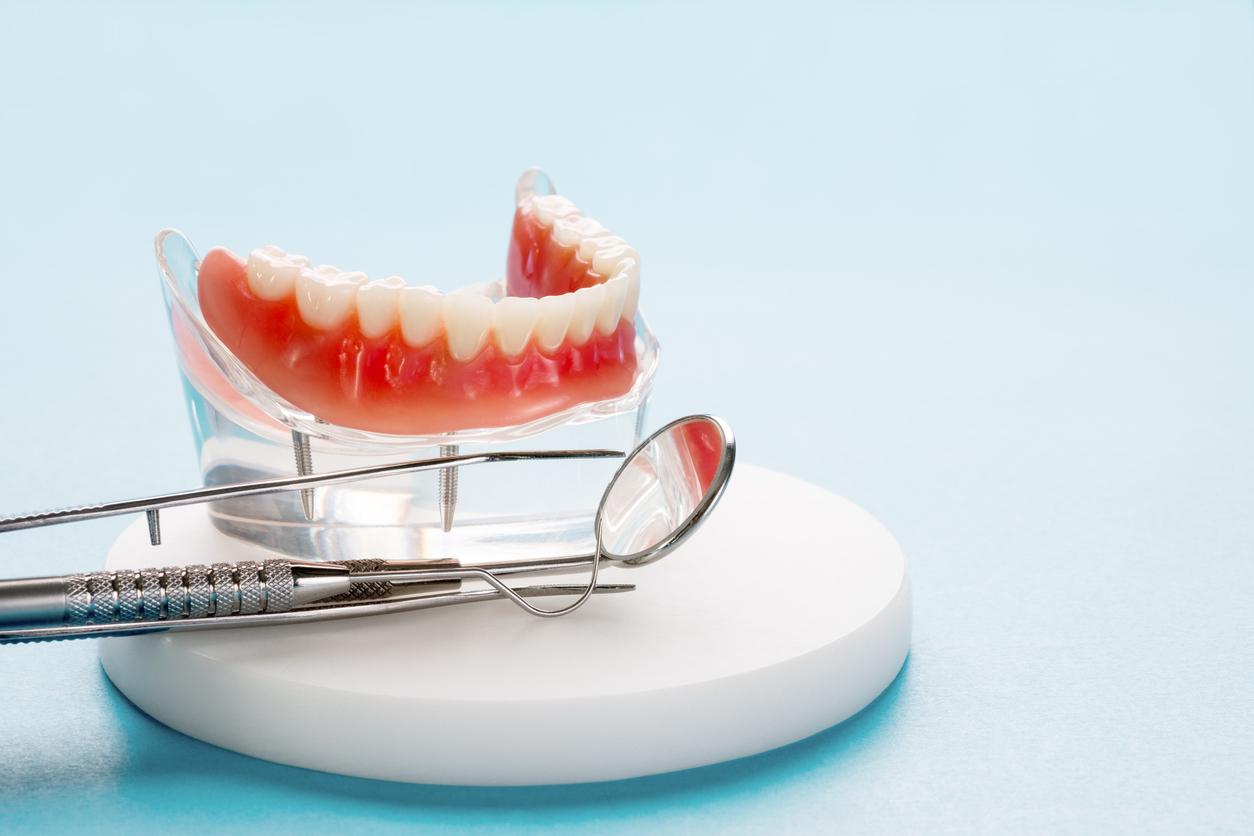Can inflammation of the gums cause joint disease? This is what a study published in Science Translational Medicine suggests. The bacteria responsible for the inflammation of the mouth in periodontitis could trigger the symptoms of rheumatoid arthritis.
Researchers from Johns Hopkins University in the United States and Aarhus University in Denmark worked from 109 patients with periodontitis, and 100 healthy controls. They analyzed samples of blood, oral fluid, including the fluid between the gums and teeth, and joint fluid.
What is the link between the two inflammations?
The researchers were able to observe similarities regarding inflammation in these two diseases. Unlike controls, people with periodontitis showed elevated levels of citrullinated proteins, which are known to trigger an immune response in patients with rheumatoid arthritis. A bacterium would be the source of these proteins in large numbers. So, is rheumatoid arthritis due to periodontitis?
Many patients combine the two conditions, which reinforces the idea of a link between the two, but this does not mean that periodontitis necessarily causes rheumatoid arthritis. This disease is called “autoimmune” because the body’s immune cells turn against the body. They then attack the joints, causing inflammation, swelling, pain and stiffness. This study suggests that gum disease may be the start of the inflammatory process seen in rheumatoid arthritis.
Also to read
Rheumatoid arthritis: beware of tobacco and overweight
Lack of serotonin worsens rheumatoid arthritis
Rheumatoid arthritis promotes sexual dysfunction
















